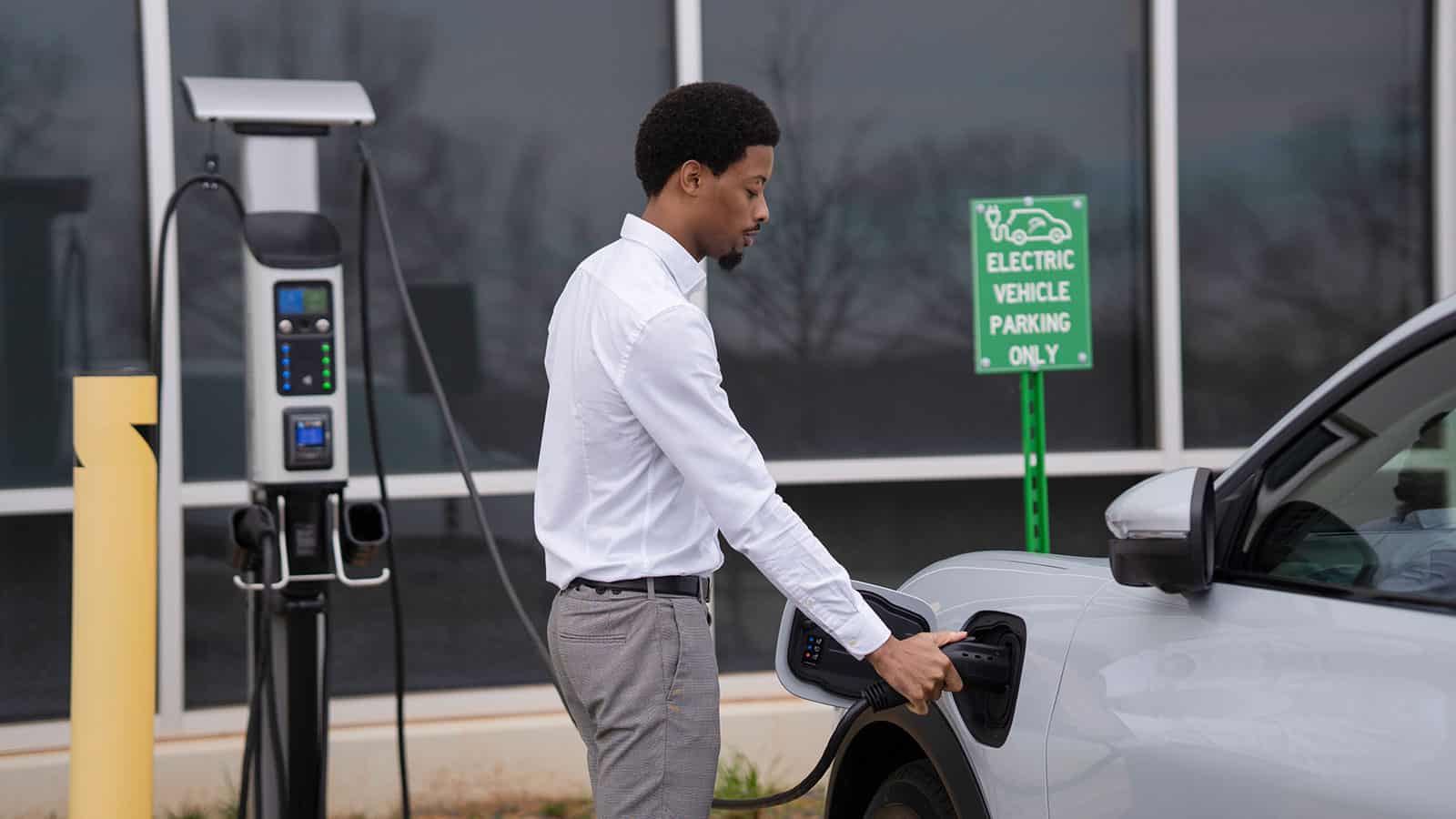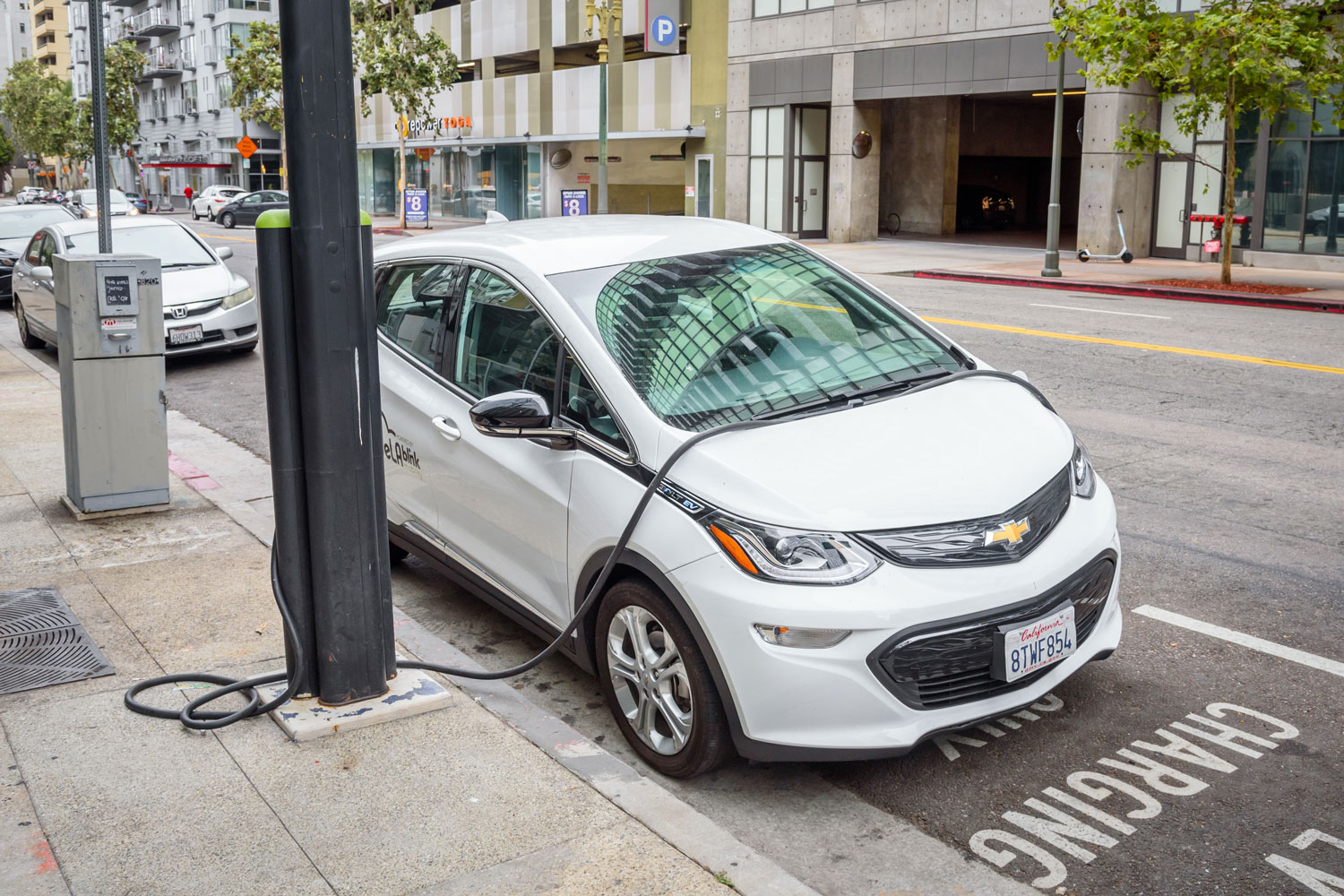The Most Up To Date Innovations in EV Charging Innovation: What You Required to Know
The developments in electric car (EV) charging technology are reshaping the transportation landscape, offering solutions that promise to enhance convenience and performance for customers. Technologies such as ultra-fast billing capacities, wireless charging systems, and smart framework are arising as crucial contributors to this evolution.
Ultra-Fast Charging Solutions
The emergence of ultra-fast billing remedies notes a considerable development in electric lorry (EV) modern technology, improving both the comfort and effectiveness of EV use. These cutting-edge billing systems can deliver power degrees going beyond 150 kW, allowing chauffeurs to recharge their lorries in a portion of the time connected with standard charging approaches. This fast charging capacity is especially beneficial for long-distance traveling, decreasing range anxiousness and making EVs much more useful for everyday customers.
Ultra-fast charging terminals use advanced modern technologies, including high-capacity batteries and sophisticated power electronic devices, to facilitate quick energy transfer. They are tactically placed along metropolitan facilities and major freeways to guarantee accessibility. Moreover, many suppliers are establishing vehicles compatible with greater charging prices, allowing for optimum performance at these stations.
The prevalent adoption of ultra-fast charging framework is vital for the development of the EV market, as it addresses one of the key barriers to EV ownership: billing time. As these services remain to progress, they promise to transform the driving experience, making electric automobiles much more appealing to a more comprehensive audience and sustaining international sustainability objectives by promoting cleaner transportation options.
Wireless Charging Innovations
Improvements in cordless billing modern technology are becoming a complementary solution to ultra-fast charging systems, even more improving the comfort of electrical automobile (EV) possession. This technology permits EVs to bill without the demand for physical ports, advertising a smooth experience for customers. Making use of inductive billing concepts, cordless systems transfer power with magnetic fields, allowing cars to charge while parked over specially developed pads or embedded infrastructure.
Current growths in this area have focused on improving efficiency and increasing billing ranges. Leading makers are now testing higher power results, which can dramatically lower billing times compared to earlier models. In addition, the assimilation of wise sensors and communication technologies within these systems makes certain optimum power transfer, reducing losses and improving overall performance.
Moreover, the release of cordless charging stations in city settings holds the possible to transform the landscape of EV charging. By making it possible for constant charging while lorries are fixed-- such as during car parking or waiting durations-- this innovation promotes an extra practical and flexible method to power replenishment.
As wireless charging proceeds to develop, it promises to come to be an important component of the future EV environment, more sustaining the wider fostering of electrical mobility.

Smart Charging Framework
Smart billing framework is changing the means electrical vehicles (EVs) communicate with the power grid, assisting in a lot more effective energy distribution and improving individual experience. This sophisticated innovation enables EVs to interact with charging stations and the grid, optimizing energy usage and decreasing prices. By leveraging real-time information, clever billing systems can change billing rates based on grid need, electricity prices, and the specific needs of the vehicle.
In addition, clever charging infrastructure sustains vehicle-to-grid (V2G) abilities, enabling EVs to return power to the grid throughout peak demand periods. This cooperative partnership not only assists in maintaining the grid however also provides economic motivations for EV proprietors. In addition, these systems often integrate mobile applications that allow users to situate readily available billing stations, monitor billing progress, and timetable charging throughout off-peak hours, thus advertising a more straightforward experience.
As governments and exclusive entities invest in the development of smart billing networks, the total dependability and accessibility of EV charging will certainly improve. This development is essential for sustaining the increasing adoption of electrical vehicles and eventually adding to a more lasting power community.
Boosted Battery Management Solution
With the quick development of electric car fostering, enhanced battery management systems (BMS) have actually come to be important for enhancing battery efficiency and long life. A modern BMS plays a vital duty in monitoring, controlling, and handling the different features of an electrical vehicle's battery pack. By utilizing real-time information and innovative formulas analytics, these systems ensure that batteries operate within safe parameters, prolonging their life expectancy while maximizing efficiency.
Key features of enhanced BMS include state-of-charge (SOC) and state-of-health (SOH) estimations, which offer vital understandings right into battery condition. These systems can additionally assist in thermal monitoring, protecting against getting too hot and making certain optimum operating temperature levels, which is essential for efficiency and safety. EV Charging news. In addition, boosted interaction procedures allow much better combination with electric car systems, allowing for seamless information exchange and boosted individual experiences
Moreover, as electric vehicles come to be extra common, robust BMS will sustain the combination of renewable resource resources and wise grid innovations. This adaptability not just boosts the automobiles' functional performance yet additionally promotes sustainability in the more comprehensive power ecological community. As modern technology continues to develop, the effectiveness of boosted BMS will be pivotal in resolving the difficulties related to electric wheelchair.
Sustainable Charging Practices
The boosting adoption of electrical automobiles necessitates an emphasis on sustainable billing methods to additionally improve the advantages of enhanced battery monitoring systems. Sustainable billing not only alleviates the ecological impact of billing infrastructure yet additionally optimizes power consumption, bring about a much more efficient electric lorry ecological community.
One method to attaining sustainable charging is the assimilation of renewable resource sources, such as solar and wind, into billing stations. By using tidy power, the carbon footprint connected with electrical power generation is dramatically decreased (EV Charging news). view publisher site In addition, clever grid technology plays a crucial role in balancing energy need and supply, allowing EVs to bill throughout off-peak hours when renewable resource manufacturing goes to its height
Moreover, the execution of vehicle-to-grid (V2G) systems allows electrical automobiles to return power to the grid, improving energy storage space and accessibility. This bi-directional flow of energy not just sustains grid stability but also provides click here to read financial advantages to EV proprietors.

Verdict
Current innovations in electrical automobile charging technology signify a pivotal shift in the industry. Smart billing facilities enhances energy consumption, and enhanced battery management systems boost efficiency and durability.
These innovative charging systems can deliver power degrees surpassing 150 kW, allowing motorists to recharge their lorries in a portion of the time connected with conventional billing techniques.Developments in cordless charging technology are arising as a complementary solution to ultra-fast billing systems, even more boosting the ease of electrical vehicle (EV) possession. Using inductive billing concepts, wireless systems transfer power through electro-magnetic fields, enabling automobiles to charge while parked over particularly developed pads or ingrained facilities.
By leveraging you can check here real-time information, smart billing systems can adjust billing prices based on grid demand, power costs, and the details needs of the lorry.
Furthermore, these systems usually integrate mobile applications that permit users to find available charging terminals, monitor charging progression, and schedule billing throughout off-peak hours, thus advertising an extra user-friendly experience. EV Charging news.